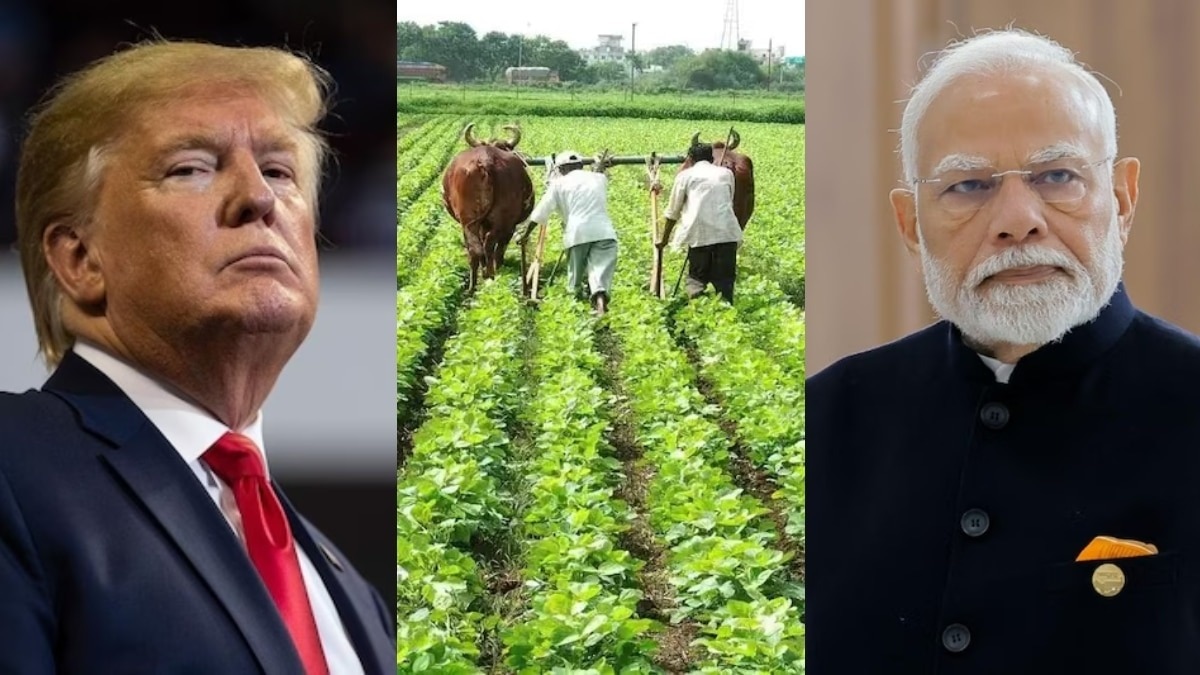India has put its best foot forward for trade negotiations with the US, government sources told Business Today TV on Tuesday. Sources said that India cannot budge on sectors that could harm sensitive domestic industries. The White House is assessing the proposal put forward by India and should revert soon.
On Monday, the US decided to delay imposing its reciprocal tariffs until August 1, allowing more time to iron out issues between New Delhi and Washington before finalising an interim trade deal.
On April 2, US President Donald Trump announced reciprocal tariffs against a host of countries, including India (26 per cent), but paused the implementation of these duties for 90 days, giving all trading partners the deadline till July 9 to reach a deal.
Earlier, Commerce Minister Piyush Goyal made it clear that India will not be rushed into signing trade pacts and that an FTA should be a win-win. “India never negotiates trade deals based on deadlines. Our focus is always on fairness and what benefits the country,” Goyal said.
Days after this, Union Agriculture Minister Shivraj Singh Chouhan stated on Sunday, “‘Nation first’ is our moolmantra. No negotiations will take place under pressure. Negotiations will be done keeping the interests of farmers in mind. India will not come under any kind of pressure.”
A high-level Indian delegation recently held discussions in Washington focused on an interim agreement. The US has sought tariff concessions on industrial products, electric vehicles, wines, petrochemicals, dairy, and farm items such as apples and tree nuts. India, meanwhile, has prioritised relief for its labour-intensive export sectors, including textiles, leather, gems and jewellery, shrimp, bananas, and grapes.
Agricultural and dairy products remain the key sticking points. These sectors are deeply embedded in India’s rural economy and politics. India has consistently kept dairy out of all past trade pacts, with officials citing the vulnerability of small-scale farmers. According to the Global Trade Research Initiative (GTRI), heavily subsidised US exports like dairy, poultry, GM soy, and rice pose a serious threat to India’s farm economy.
“Tariff cuts on US farm goods could undermine India’s food security by exposing small farmers to cheap, subsidised imports and global price volatility,” said GTRI founder Ajay Srivastava. “India must retain tariff flexibility to protect over 700 million rural livelihoods and avoid repeating past mistakes made under global trade deals.”








